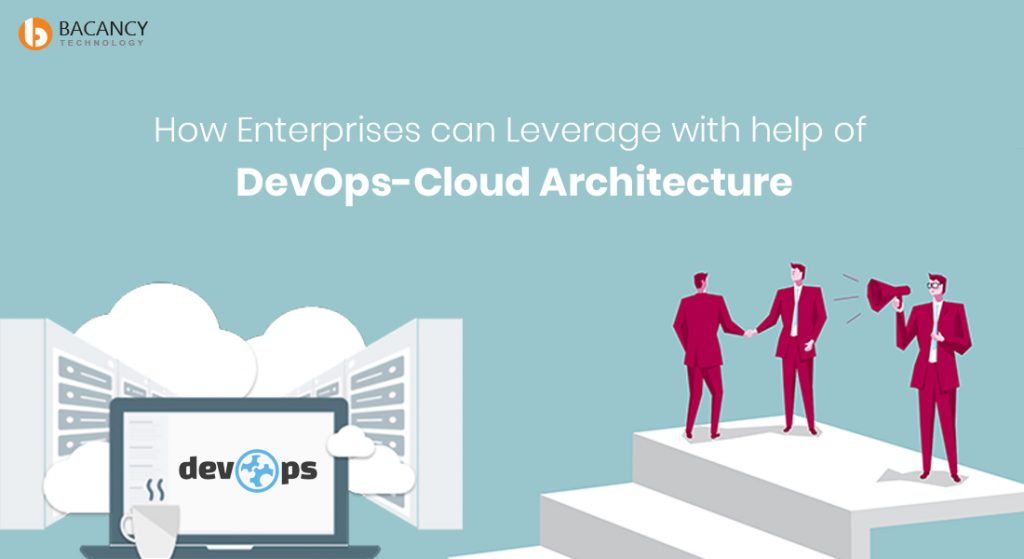The combination of Cloud technology and DevOps is one of the best indeed. While there are enterprises struggling to streamline the operations, the others are experiencing phenomenal results and delivering huge value with DevOps-cloud architecture. To leverage the Cloud – DevOps duo fully, the enterprises define the core objectives and ensure that nothing is missed out.
DevOps is dependent more on people than technology. The business leaders need to analyze the expertise and skills of their in-house resources or hire DevOps developers to make a move into and operate on DevOps-Cloud architecture. Moreover, strategic planning during this transition can help organizations to avoid upheavals.
Best DevOps DevOps-Cloud architecture Practices to make the finest use of Cloud Computing
Utilizing the DevOps core principles and implementing its best practices enable enterprises to leverage the cloud computing technology along with mitigating the associated risks. Let’s have a look at the DevOps capabilities that help in executing cloud-based computing:
Features of DevOps-Cloud architecture
1. Infrastructure as Code
In DevOps structure, infrastructure as code is liable for managing server, creating middleware and installing application code, which all together helps to build the overall system architecture. DevOps lays a strong base for tackling the essential infrastructure through automated and programmable procedures.
2. Provisioning Servers
It is vital to understand the operating system’s baseline while planning to build the servers in the cloud. The Application Programming Interface (API) lets the system administrators automate the server provisioning procedures including the scripts for installing components through package installers.
3. Automated Application Deployment
DevOps architecture consists of a perfect set of procedures to automate the application deployments. Taking advantage of these continuous integration and deployment practices, DevOps lets you create a fully automated deployment pipeline with a shared knowledge and expertise culture.
Also, the knowledge sharing, application lifecycle management (ALM) management, integration and delivery, testing and QA are an imperative part of DevOps best practices, allowing to use the cloud computing to the fullest.
Here are some of the DevOps Advantages for business leaders who are wondering on how they can get benefited by moving to the DevOps-Cloud architecture:
Entreprises require speed to survive in the cutting-edge competitive world. Hire DevOps Engineer from us to pace up the enterprises for application delivery initiatives and connects the time and speediness directly to the market opportunity.Secured cloud connection, backend systems with managed APIs enable enterprises to have a controlled access even from external applications.
DevOps-cloud architecture makes it possible for enterprises to get a timely feedback via DevOps model. This result in business leaders experimenting with new strategies and analyzing their respective outcomes. Technical teams also get the chance to analyze the feedback for detecting performance issues in the deployed applications.
DevOps-Cloud model is responsible for a flexible and decoupled architecture, which enables independent deployments of various business capabilities.
Hire Dedicated developer from a robust enterprise application development services company to leverage the potential of Devops-Cloud architecture for your enterprise.
